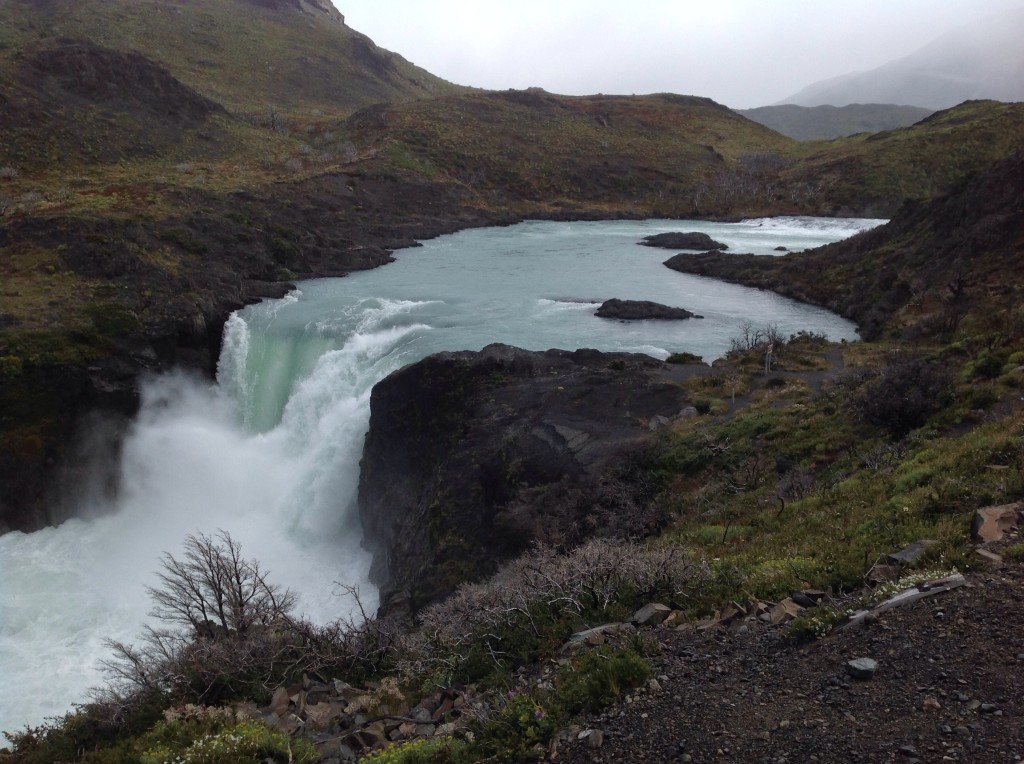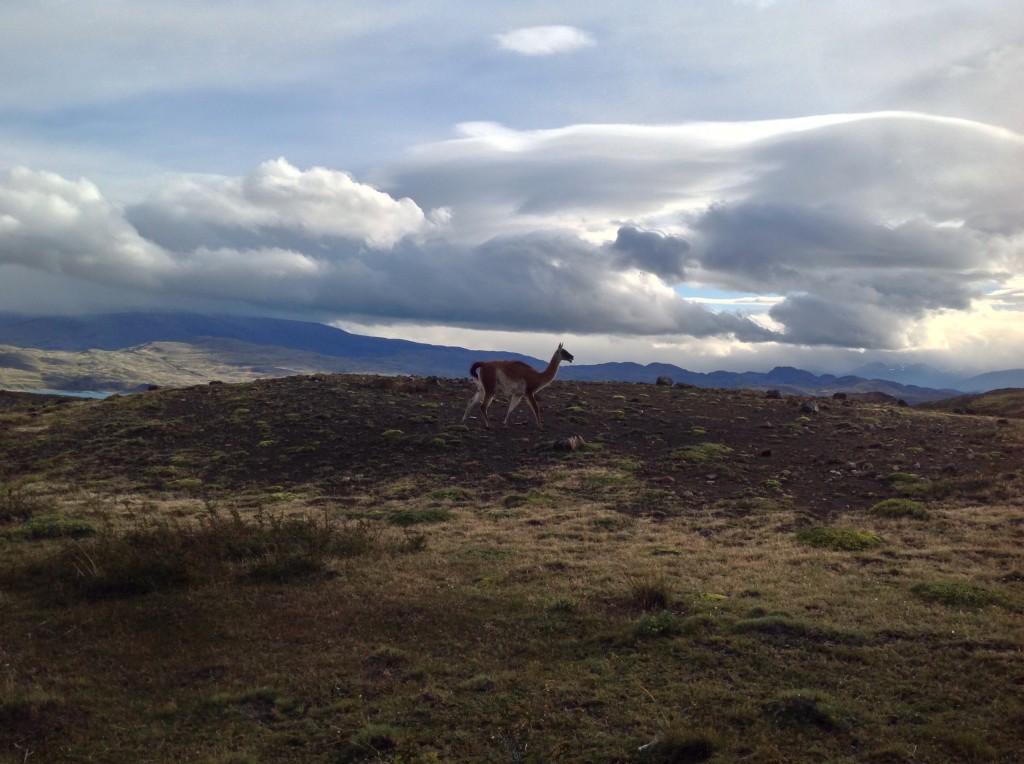Every time I attend a conference I dread the email aftermath because I know that the list of registrants gets passed along to all the vendors. This means for weeks, and sometimes months, I am besieged with a relentless torrent of emails advertising this or promoting that. Gmail attempts to alleviate the problem by pre-sorting emails into categories: Primary (for the real stuff), Promotions (ads and promotionals), Social (social media updates), Updates, etc.
This is useful for separating the quality from the quantity, but it doesn’t really solve the problem. Some years ago I discovered the magic of the “unsubscribe” option listed in tiny, microscopic print at the very bottom edge of the email. Ever since then I immediately unsubscribe to any lists that junk up my inbox.
Initially I had some reservations because I didn’t want to miss out on updates, even though most of it ended up being flagged to read later and would just sit there for months. Eventually I defined criteria about what I would and wouldn’t keep to read and started cleaning up my inbox by limiting what could come into it in the first place. I made executive decisions, deleted like crazy and let go of my expectations to read every interesting email I received. I also started prioritizing which updates were important and which ones I could delete, or unsubscribe to, without any guilt about it.
Unsubscribing has become part of my normal routine. Last night a friend was telling me about her experience with unsubscribing.* She explained that she thought of the unsubscribe option when her emails piled up because she fell behind on deleting the updates and newsletters. Her new solution was to just stop receiving them. Sometimes we see email apps on our friends’ phones with thousands of unread emails. We were speculating that maybe the pile up happens because people get subscribed to lists and just ignore, or delete, the emails instead of unsubscribing.
If you find your inbox getting crowded with emails you would rather not receive, or you feel guilty because you’re not reading them, unsubscribe! It’s mandatory for email subscription services to offer this option. It’s even available for The Deletist, but I hope you’ll keep that one!
On another note, other update options exist via social media channels that don’t involve email, but that’s a topic for another day.
*Inspiration for today’s blog!








